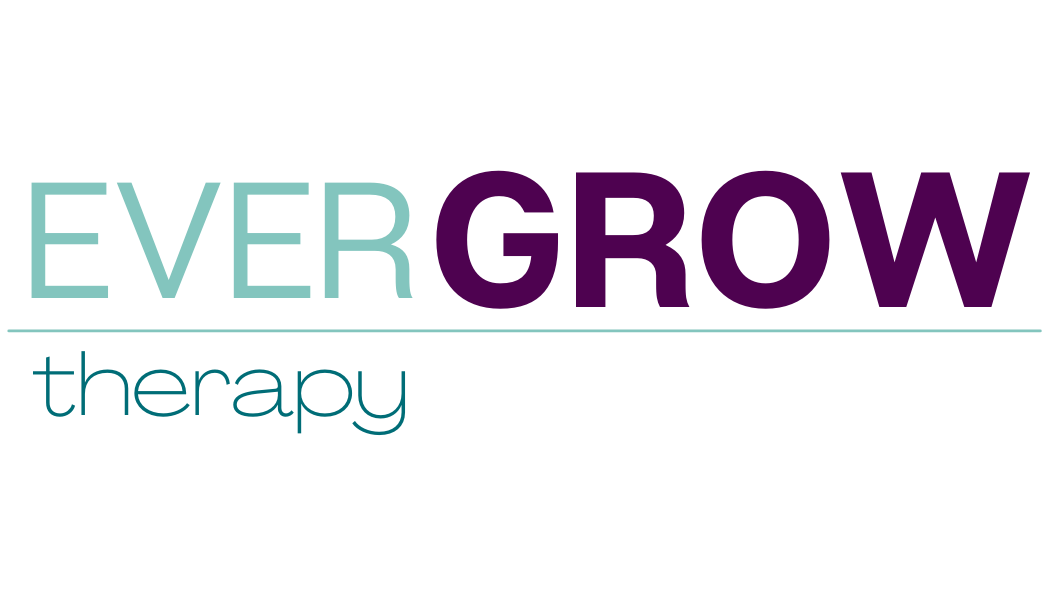Trauma Therapy
The Impact of Trauma
Traumatic experiences have a way of pulling the rug out from underneath you, leaving you to feel unstable and out of control. Perhaps your thoughts are incessantly forcing you to remember the very thing or things you don’t want to remember. Maybe you’re having frequent nightmares or finding yourself resisting sleep despite your desperate need for rest. Maybe you feel constantly on edge, irritable, or always on alert.
If you’re here reading this page, I want to give you props just for being here. Because the aftermath of trauma is often a time when people feel particularly vulnerable, while at the same time needing the most support. You are not broken. You are not falling apart. But you are in pain, and I can help.
Do I Have Post Traumatic Stress Disorder?
Post Traumatic Stress Disorder, or PTSD, refers to a group of symptoms that some people can develop in response to traumatic experiences. Although PTSD is most commonly associated with war vets, people who have experienced any kind of trauma can go on to develop PTSD. Some of the symptoms of PTSD include:
- Recurrent and intrusive thoughts or images related to the trauma
- Nightmares
- Flashbacks (feeling like you’re reliving the trauma)
- Trauma triggers (over-reacting to seemingly insignificant things because they remind you of the trauma)
- Avoidance of people, places, things, topics, thoughts, or anything else that reminds you of the trauma
- Difficulty remembering all or parts of the trauma
- Easily startled by noise or movement
- Feeling overly aware of your environment
- Difficulty falling or staying asleep
- Irritability or anger
- Difficulty concentrating
- Exaggerated negative beliefs about yourself, others, or the world
As you can see, there are quite a number of symptoms associated with PTSD, and recognizing that they are all connected to the same trauma response can be one powerful step towards healing.
Alternative Trauma Responses
Everybody responds to experiences differently, so even if you’re not experiencing symptoms of PTSD, you might still be experiencing symptoms associated with trauma. Some of these symptoms can include:
Chronic sadness or depression
Low self-esteem
Anxiety
Chronic guilt
Perfectionism
Over-active stress response
Relationship problems
Difficulties parenting your own children
Many of the symptoms of trauma are initially adaptive, as they help keep us alive. But things start to become problematic when the symptoms persist long after the threat of danger is past.
What Happens in Trauma Therapy?
The first one or two sessions will be used getting to know each other. I will ask a lot of questions to better understand you, your overall history, as well as a brief description of your trauma(s). I understand that some of these experiences may be difficult to discuss, and you will get to decide what to discuss, how many details to share, when to take a break, and when to stop. Throughout our work together, you will always have that control.
Subsequent sessions will be structured after our initial meeting when we have a better understanding of the nature of the work. Some of the variables we will consider is the extent of your trauma history, your previous experiences in therapy, your current coping skills, your current support system, and your level of readiness.
Successful therapy is all about the relationship you have with your therapist. Therefore this will be prioritized throughout our work. Additional tools I may integrate into our work include:
Attachment Based Therapy
Relational Therapy
Trauma-Focused Cognitive-Behavioral Therapy (TF-CBT)
The Havening Techniques ™
Have More Questions?
Finding the right therapist is always important, but this is especially true for trauma therapy. I invite you to ask any questions that are still on your mind or take a few minutes to see if we click.

Get In Touch
Call
(949)-415-8807
drdanabasu@gmail.com
Location
Serving clients throughout California
Hours
By appointment only



